Alissa Quart on the precarity of the writing life.
This is the introduction to a new series on The Middle Class Writer from Dirt and Literary Hub—talking frankly about the role of money in the life of a writer in 2024. We'll be publishing on both websites throughout the week.
Darryl Lorenzo Wellington was for two years the sixth poet laureate of Santa Fe. He also sold his plasma to get by.
I first met Wellington through the organization I co-founded, Economic Hardship Reporting Project, when I edited an essay about how he sold his blood so he could continue to be a writer. In his last volume, Wellington describes his writing in much the same way he talks about the place he lives: full of “riddles, tiny insidious lights, mysterious UFOs and mirages that beckon me.”
One of the mirages that resides in many books today, of course, for him and for many of us, is the idea of its author being a “middle class writer.” That appellation seems somewhat fantastical, something borne of secret inheritances and side hustles. Becoming one has become the literary version of the illusory American Dream. It rhymes with the “do what you love” exhortation that was directed at my generation and those younger, a rallying cry for those born in the later 1970s and 80s, an ideology that mixed techno-hyper-individualism and hippie pleasure-seeking. Its proponents were up on the problems of workplace alienation and exploitation but rather than prescribing social change they merely proposed you get a cooler job.
The mandate to make a living pursuing one’s deepest aspirations drove scores of young people into the MFA programs and journalism schools that trained writers. They proliferated, from 79 creative writing programs in 1975 to the recent number of 602 undergrad and 247 post grad programs. This was fine until graduates wound up in debt—these degree programs cost so much —and then graduated into a brutal job market and a climate of stagnating wages at publications owned by billionaires and private equity firms. It turned out that labors of love also got caught in the maw of capitalism.
Even when he was the poet laureate and was often invited to speak, he made just $30,000 a year, a combination of the $10,000 honorarium from the city and speaking fees
Conditions for writers and other creatives were already shaky, their personal finances in many cases unsustainable, before the COVID-19 pandemic. The way that Wellington, 59, sees it, the pandemic made “the borderline impossible, truly impossible.” Nevertheless, he says, “I still do it.” Doing it entails a recent essay anthology he has put together, including a piece on the economic perils of being a writer.
While he is widely published, Wellington has never earned enough to have a savings account. Even when he was the poet laureate and was often invited to speak, he made just $30,000 a year, a combination of the $10,000 honorarium from the city and speaking fees; in his home Santa Fe the median rent for a one-bedroom apartment was $1,996 in 2024, up 15 percent from the previous year.
But according to a 2022 Authors Guild survey of 5,699 published authors, Wellington was actually doing well financially, compared to the median American author. The median gross pre-tax income of full-time, established authors was $25,000 per year, only $10,000 of which was from book-related sources. In contrast, in 1989, the median author income was $23,000, not adjusted for inflation. Of the Author Guild’s respondents, 56 percent said they made extra income from events, ghost writing, teaching, and yes, journalism. At the same time, the rental market has climbed to new heights.
“People hate how AI is going to destroy writers and artists,” Wellington says. “But rent increases are far more likely to.”
| 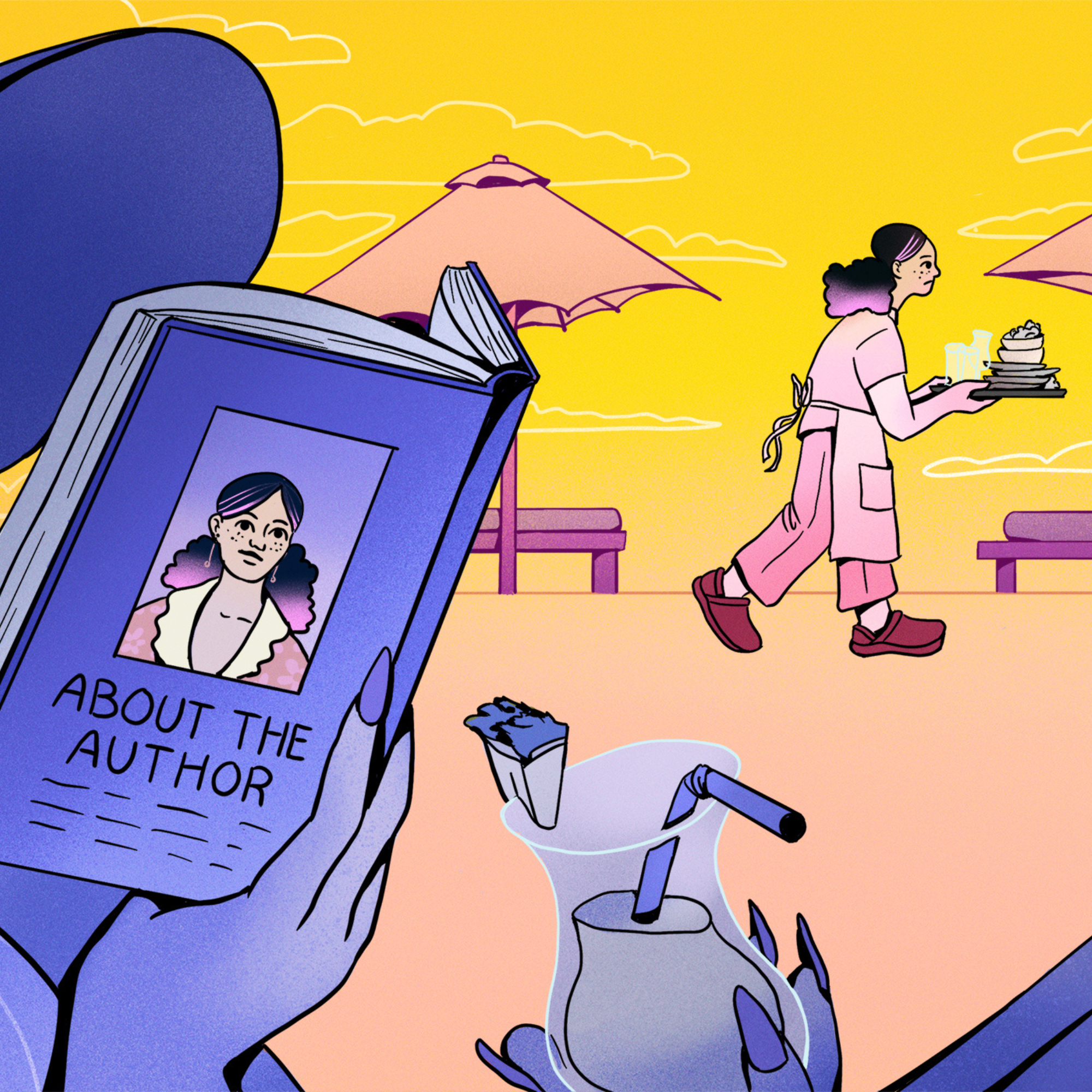 | Apr 15, 2024 |
|
| 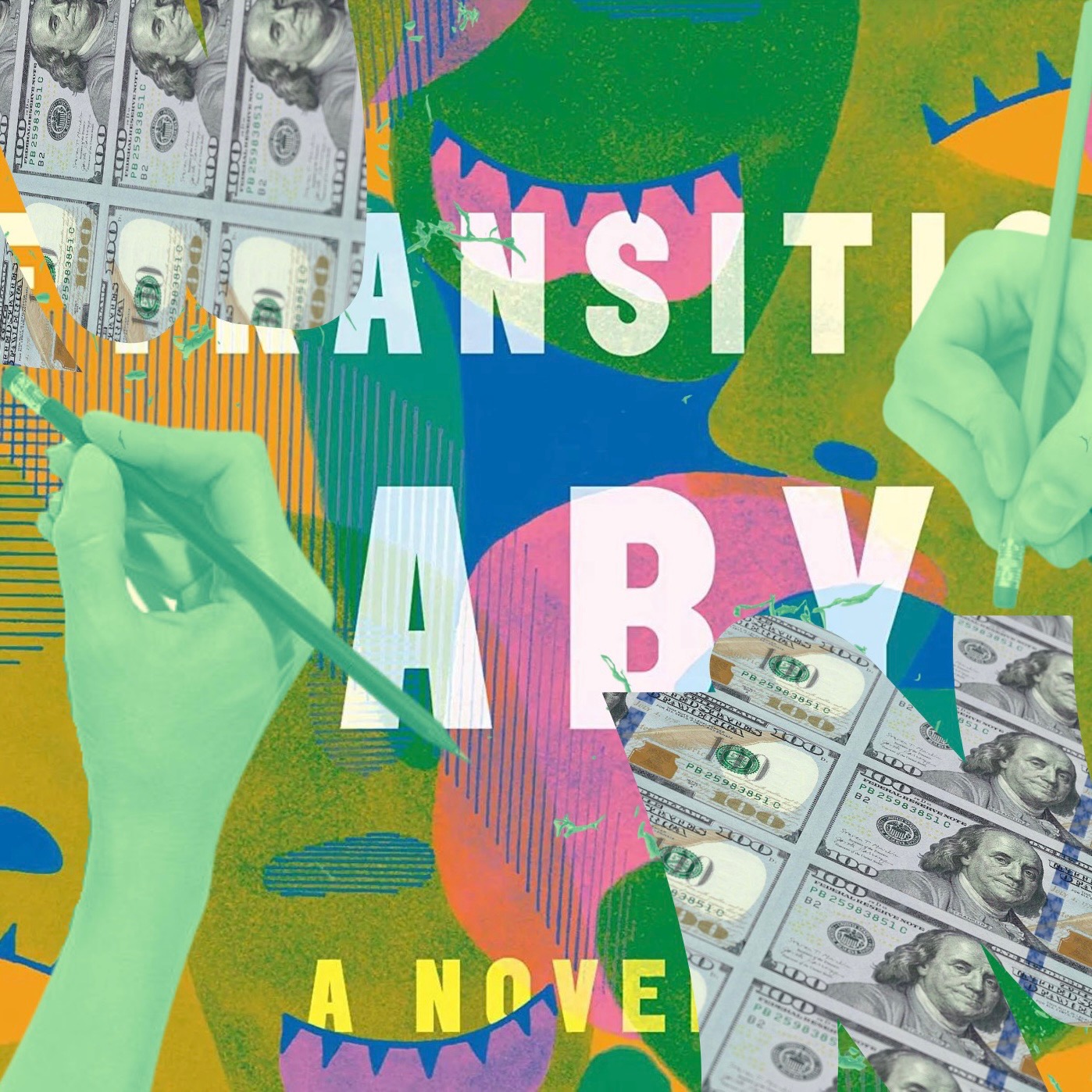 | Apr 16, 2024 |
|
| 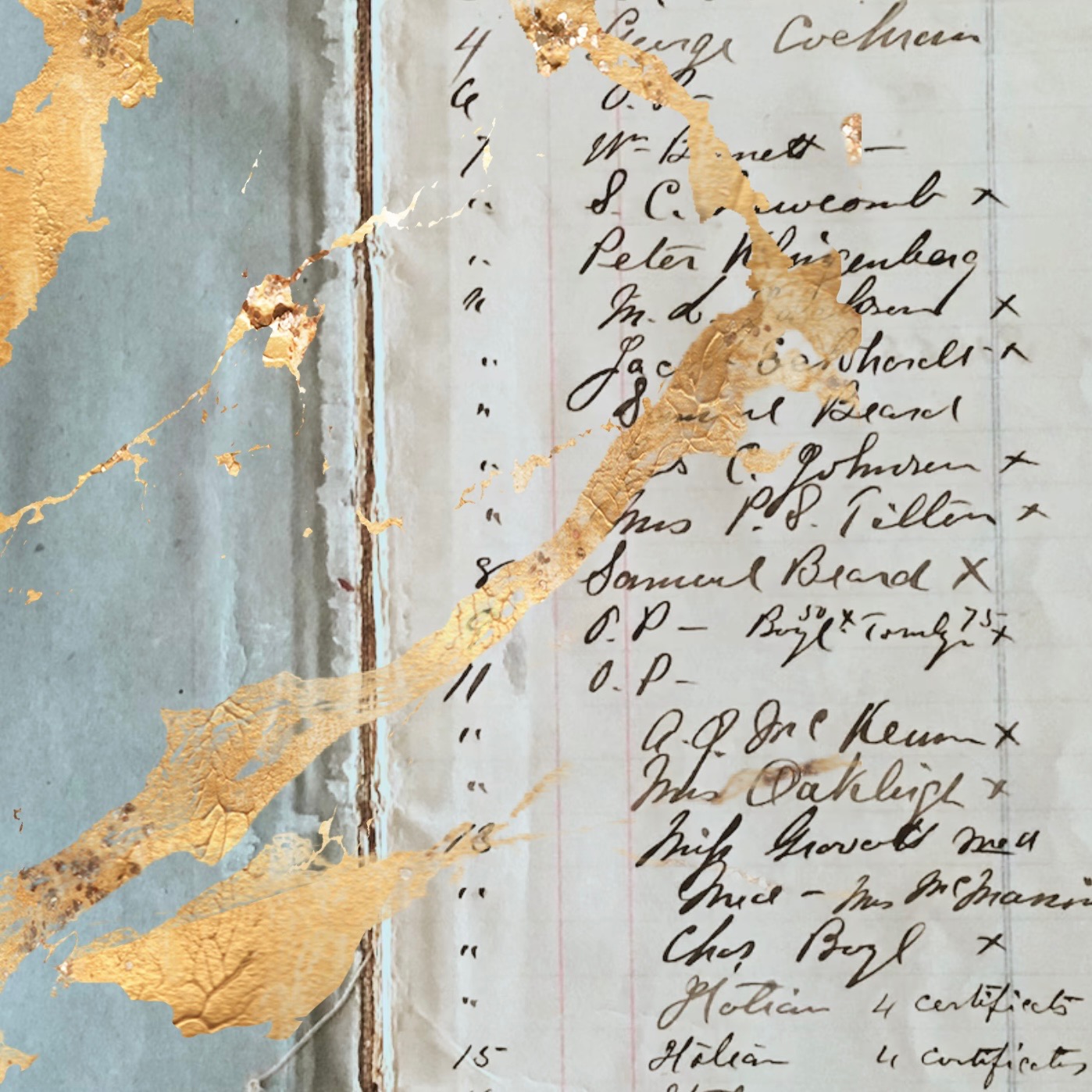 | Apr 17, 2024 |
|
| 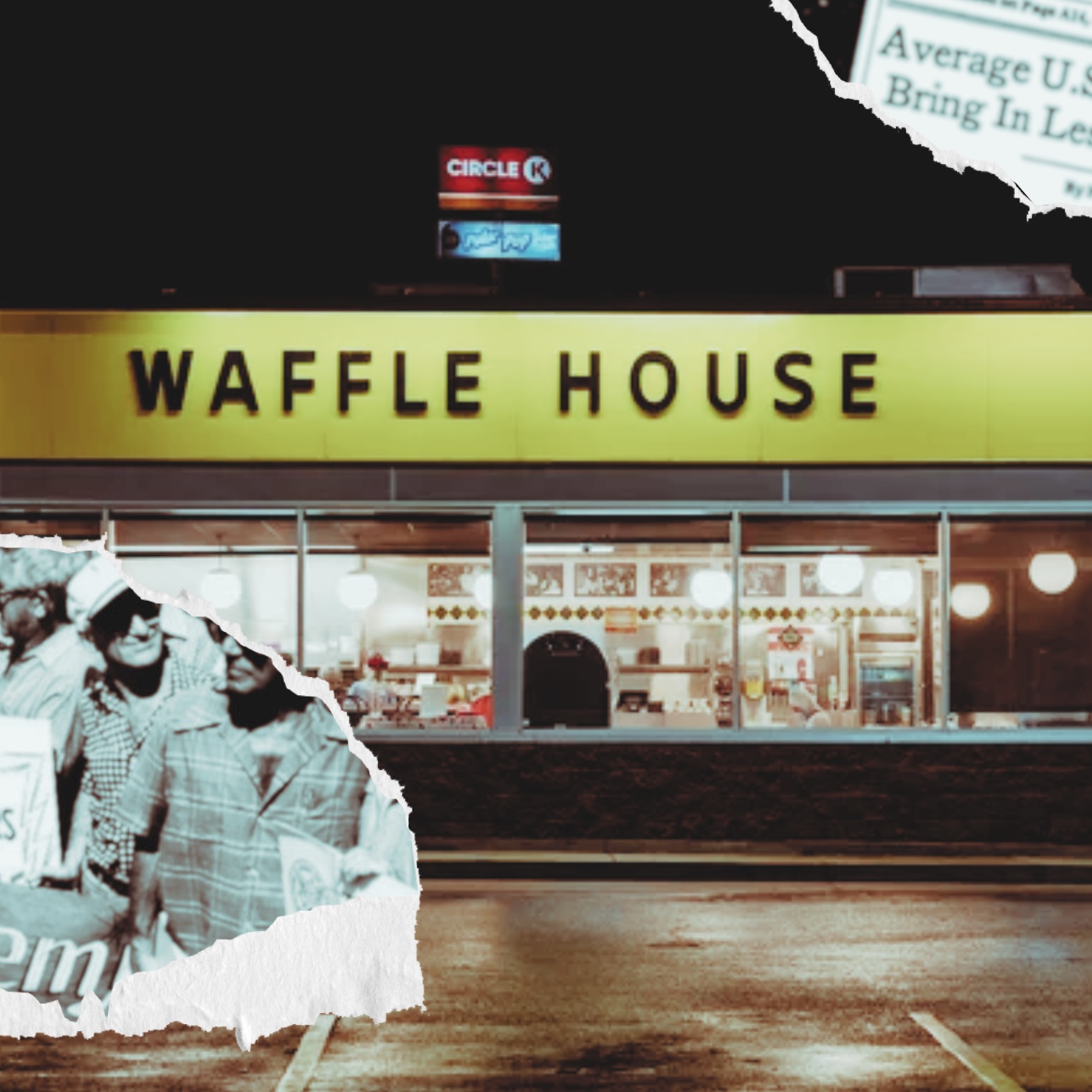 | Apr 18, 2024 |
|
|  | Apr 19, 2024 |
|
| 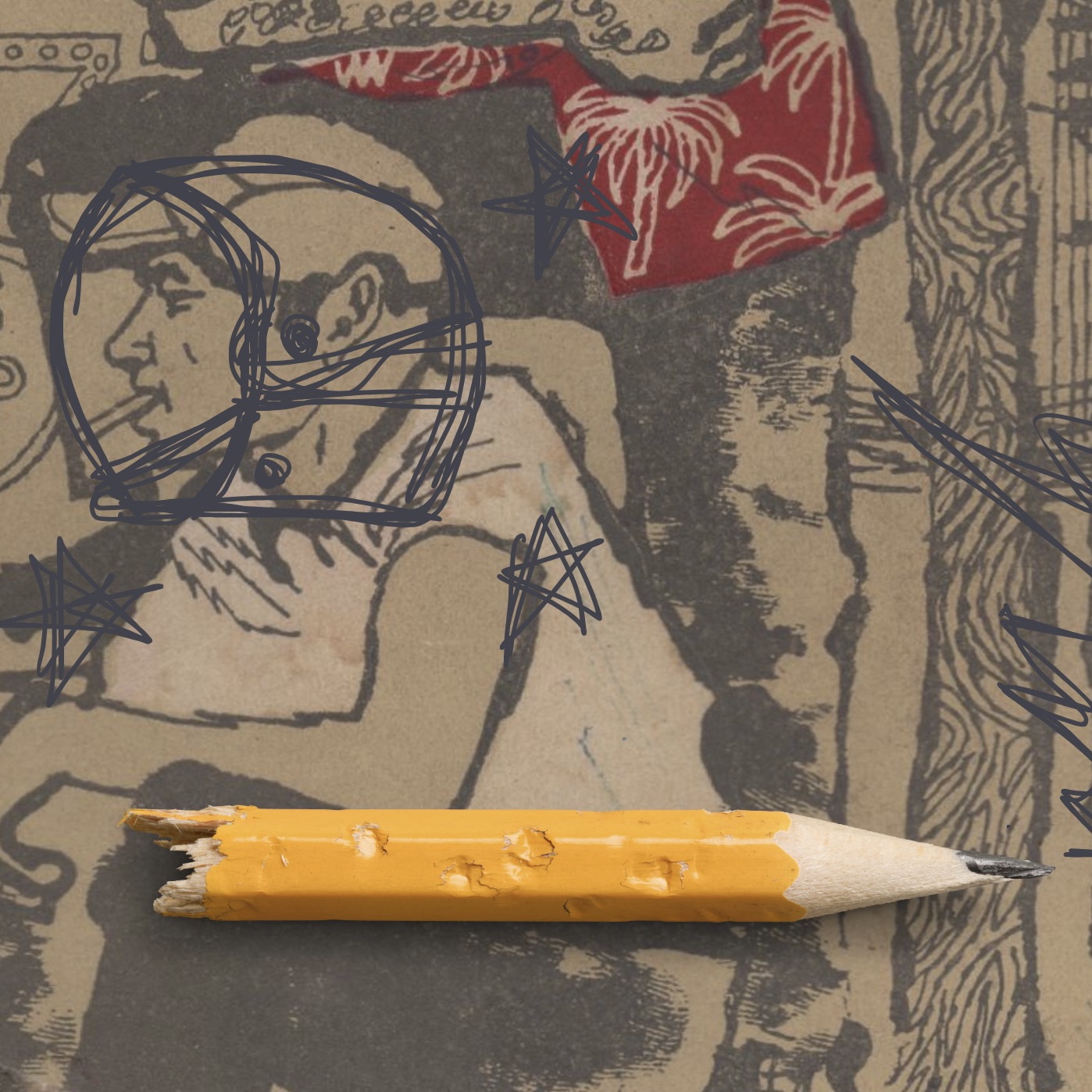 | Apr 20, 2024 |
|








